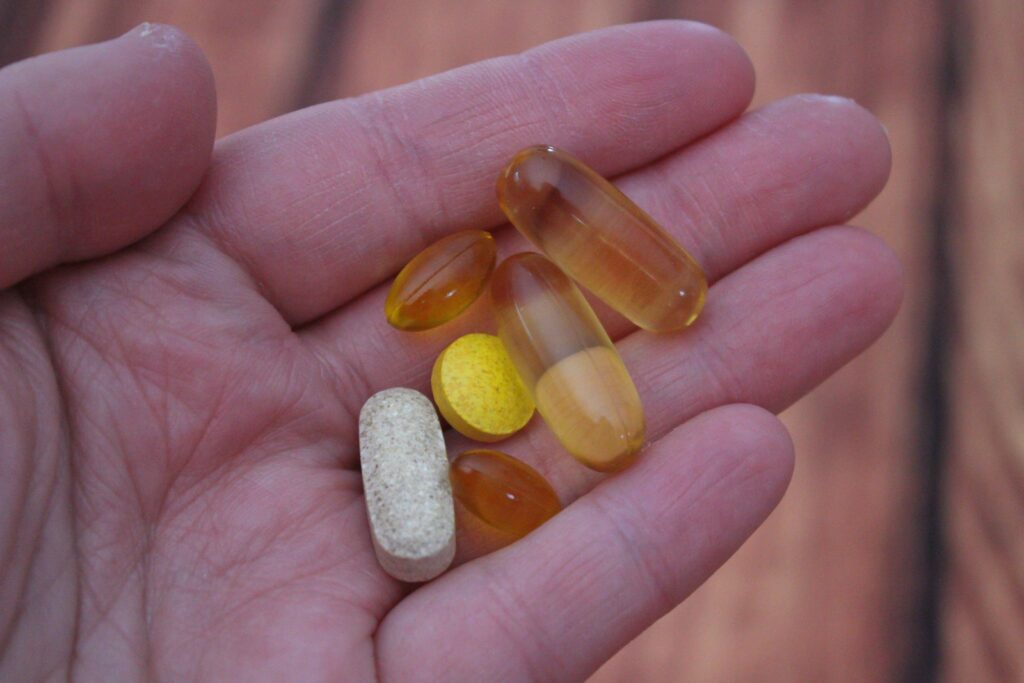Vitamin D has long been celebrated as the “sunshine vitamin,” vital for bone strength, immune support, and mood regulation. Though it was first discovered in the early 20th century, specifically around 1913, its importance continues to grow with modern research linking it to heart health and overall well-being. However, many people still wonder when the best time to take vitamin D is, and whether there are times they should avoid it altogether. Understanding the right timing, dosage, and combinations can make a major difference in how effectively your body absorbs this essential nutrient.
Why Timing Matters for Vitamin D
Vitamin D is a fat-soluble vitamin, which means that your body stores it in fatty tissues rather than flushing it out like water-soluble vitamins. This storage property makes timing crucial for maximum absorption. Studies have shown that taking vitamin D with meals containing healthy fats significantly increases its bioavailability. The ideal timing ensures the vitamin integrates properly into your bloodstream and supports functions like calcium regulation and immune defense. Whether morning or evening, the key is consistency and taking it with the right type of food.
Morning Intake: A Gentle Start to the Day

Many people prefer taking vitamin D in the morning, as it aligns with the body’s natural circadian rhythm. This timing mimics sunlight exposure, helping to regulate mood and energy throughout the day. Some studies suggest that morning intake may enhance alertness and even support better sleep quality later, as it avoids potential interference with melatonin production. Taking vitamin D with breakfast, especially one that includes eggs, avocado, or yogurt, helps the body absorb it effectively. Morning dosing can also help people remember to take it consistently, making it a practical daily routine.
Taking It with Food for Better Absorption

Research dating back to the early 2000s has proven that vitamin D absorption improves dramatically when consumed with food. Fat-containing meals act as carriers, enabling vitamin D to dissolve and move efficiently through the digestive tract. Foods like salmon, nuts, or olive oil can greatly enhance the nutrient’s uptake. If taken on an empty stomach, much of it may pass through the system unused. So, pairing vitamin D with lunch or dinner particularly meals containing good fats ensures your body gets the most from each dose. This habit can make supplementation more effective over time.
The Case for Evening Supplementation

Although morning doses are often recommended, taking vitamin D in the evening can also work for some individuals. It’s especially suitable for those who forget morning doses or experience mild digestive issues earlier in the day. Evening intake may also fit better with dietary habits since dinners tend to include more fat, improving absorption. However, it’s essential to monitor how your body reacts. Some people report difficulty sleeping if they take vitamin D late at night due to its potential influence on alertness and circadian rhythm, so experimenting with timing is key.
When Not to Take Vitamin D
While vitamin D is essential, there are times when you should avoid taking it, particularly if your blood levels are already high. Over-supplementation can lead to hypercalcemia, a condition where calcium builds up in the blood, causing nausea, fatigue, or kidney problems. People with conditions like sarcoidosis or certain lymphomas should only take vitamin D under medical supervision. Additionally, it’s best not to combine it with medications that already increase calcium absorption unless prescribed. Avoiding unnecessary or excessive doses keeps your vitamin D levels balanced and your body functioning properly.
The Role of Sunlight and Natural Production

Human bodies naturally produce vitamin D when skin is exposed to sunlight, particularly UVB rays. This process was first scientifically explained in the 1920s, leading to its nickname, the “sunshine vitamin.” Around 10-30 minutes of midday sun exposure several times per week is often enough for most people, depending on skin tone and climate. However, sunscreen, clothing, and limited outdoor time can reduce production. Balancing safe sunlight exposure with dietary or supplemental intake ensures your body maintains optimal levels without over-reliance on pills or excessive sun exposure.
Who Needs Vitamin D the Most
Certain groups are more prone to vitamin D deficiency and should pay extra attention to timing and dosage. People living in northern regions with limited sunlight, older adults, and those with darker skin tones often require supplements. Vegans and vegetarians may also fall short since many natural sources of vitamin D come from animal products. Pregnant women, too, benefit greatly from maintaining adequate levels for both mother and child. Recognizing these risk factors helps individuals take proactive steps, ensuring they receive the full benefits of vitamin D without deficiency-related issues.
Combining Vitamin D with Other Nutrients

For vitamin D to perform at its best, it needs supporting nutrients. Calcium and magnesium are essential partners, helping the body build strong bones and maintain muscle function. Vitamin K2 is another vital companion; it directs calcium into bones and away from arteries, preventing buildup in the wrong places. Taking these nutrients together ensures that vitamin D doesn’t work in isolation but contributes to overall balance. This synergy was highlighted in medical studies from the early 21st century, confirming that combined supplementation can enhance effectiveness and safety for long-term health.
Finding the Right Balance for Your Lifestyle
There’s no universal rule for the best time to take vitamin D; it depends on your schedule, diet, and body’s rhythm. Whether you prefer mornings with breakfast or evenings with dinner, the key lies in consistency and mindful pairing with healthy fats. Regular testing, a balanced diet, and moderate sun exposure help maintain ideal levels year-round. Avoiding excessive doses and understanding your body’s needs ensures safe supplementation. By fine-tuning timing and intake, vitamin D can deliver its full potential, enhancing energy, immunity, and overall vitality naturally and effectively.
Comments